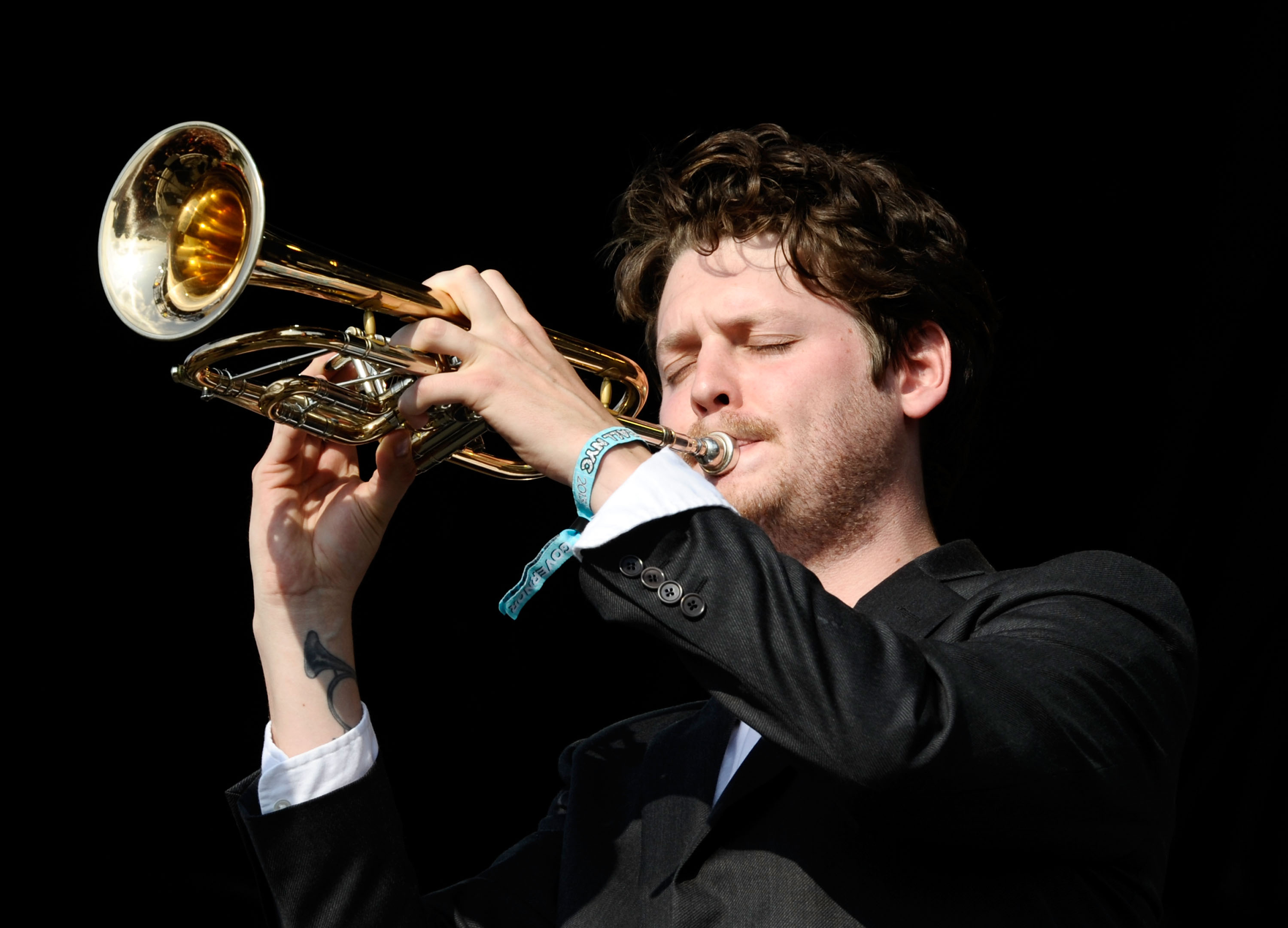Release Date: September 11, 2015
Label: 4AD
Shooting for Sufjan-sized productions before he could go out to bars, Zach Condon prematurely ruffled those partial to a bare-bones, guitar-vox-bass-drums setup even at the improbable age of 19; the full extent of his pretensions hadn’t even really solidified. A decade ago, the Santa Fe-to-Williamsburg transplant’s desire to graft a Rufus Wainwright-style croon onto Gogol Bordello’s dilapidated-basement revival of Balkan scales was something no one else was doing. It helped that his two opening bows, 2006’s Gulag Orkestar and 2007’s Lon Gisland EP, brought the genuine brass. Not just his balls in terms of the cultures he was pillaging — somewhat innocently albeit with a teenaged entitlement — but genuine in terms of his horn section’s aural tangibility: the weight and space they took up with the clarity of a field recording.
Arcade Fire was readying their second album in 2006, but their model was not yet the alt-career standard it would become by the time they won the Grammy for Album of the Year in 2011. The massed-choir, symphonic-indie thing wasn’t yet anybody’s game, but this kid was doing it. Then, on ’07’s The Flying Club Cup, he ditched the horns for chamber chansons inspired by brunch — years later, he revealed himself as the fussy Top 40 hater you may have suspected him of being.
It’s not that Condon hates pop that makes him so unexciting as he approaches 30, but his total disinterest in rock’n’roll that leaves his gadfly arrangements without momentum or heft; no horizontal dynamic shifts, only vertical — and not so many of those either. To imbue his songs with intensity would spoil their feckless nonchalance, not to mention their flimsiness as melodies. In 2015, his first album in four years could make him a contender anew, as once again few others are (interested in) doing what he does.
The 29-minute No No No doesn’t sand off Condon’s edges — they never existed to begin with — but it has fewer flavors than anything else he’s released under the Beirut name (2009’s March of the Zapotec/Holland had the most), and continuing from 2011’s tepid The Rip Tide, it’s one of those ill-advised back-to-basics moves from an act that was never that basic to start, like Built to Spill’s Ancient Melodies of the Future. His emotional yawning never added much to his Kocani Orkestar covers or synth-pop ventures, so why would it do much for the piano stricken with rigor mortis on “Fener” or “August Holland”? Maybe he doesn’t realize how close this is to a Ben Folds record; maybe he does and he’s trying to own it. The perky boogie of “Perth” is an up in a downtrodden catalog, though the idea of repeat listens begs the question of how often you peruse your Monkees reissues either.
Condon’s ace in the hole has always been his propensity for short running times, a nice antidote to the pretension he flirts with as he assumes different cultural guises. But as a songsmith, only the jauntily tooted title tune and jerky “Gibraltar” truly make themselves known, and he’s never had much to say about the human condition. With the drums intimately booming and the occasional zap of an analog synth snaking across the formalist woodenness, the blessed simplicity of the arrangements on No No No makes one cry out for a more adventurous artist to place in these settings. Say, Rufus Wainwright?





